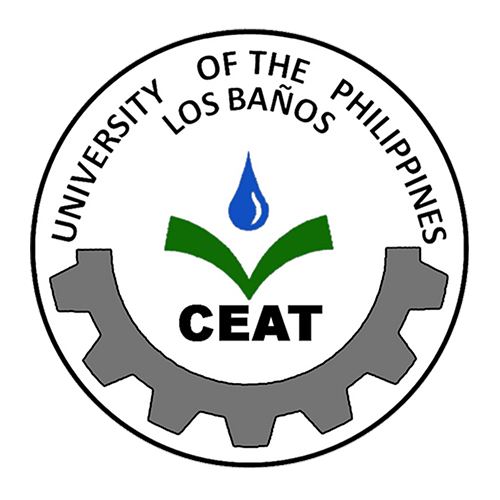The Institute of Agricultural Engineering (IAE) which is made up of four divisions:
– Agriculture and Bio-Process Division
– Agricultural Machinery Division
– Agrometeorology and Farm Structures Division, and
– Land and Water Resources Division
IAE is designated by the Commission on Higher Education (CHED) as a Center of Excellence in Agricultural Engineering and a National Center for Agricultural Engineering Research, Development and Extension. IAE is also a member of the DOST Engineering Research & Development for Technology (ERDT) Consortium.
The Department of Chemical Engineering, is presently the largest unit of CEAT in terms of student enrollment. It is a well renowned center for research on biofuels and environmental technologies.
The Department of Civil Engineering offers courses in structural design and construction, transportation / earthquake / sanitary engineering, construction materials and testing.
The Department of Electrical Engineering offers courses in the fields of power, electronics, microelectronics, signal processing, telecommunications, instrumentation and computers.
The Department of Engineering Sciences administers the foundation courses for the different engineering programs.
The Department of Industrial Engineering offers courses in the fields of ergonomics, quality control, industrial safety, operations research, and plant design and layout.
Apart from these academic units, there are also service, support and administrative units of the college. These units are:
The CEAT Dean’s Office (DO), which is the administrative center of the college.
The College Secretary’s Office (CSO), which supports the DO in administrative services and most importantly in student records management and student registration/enrollment.
The CEAT Library, which is responsible for the book and information resource collection of the college as well as supporting the students in their study and research needs.
The College also has two research and extension units:
The Agricultural Machinery Testing & Evaluation Center (AMTEC) which offers testing and evaluation of agricultural equipment, and development of agricultural engineering standards.
The Agricultural Mechanization Development Program (AMDP) develops, tests, and promotes affordable and location-specific agricultural machineries for farmers; conducts technology and information dissemination through pilot testing, demonstration of machines, exhibits, publication; and conducts training for different target beneficiaries.
The academic units of the College of Engineering and Agro-Industrial Technology is composed of one institute and five departments. These are:
